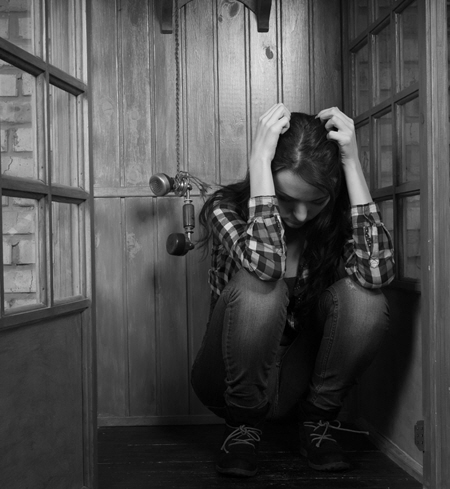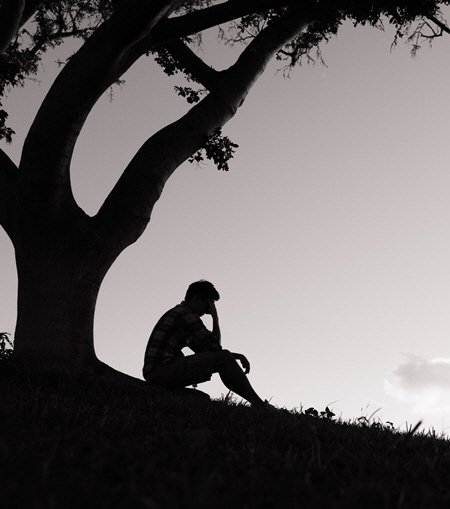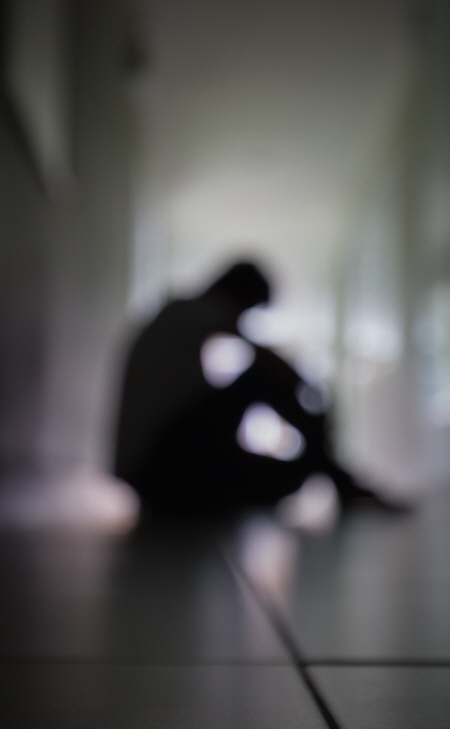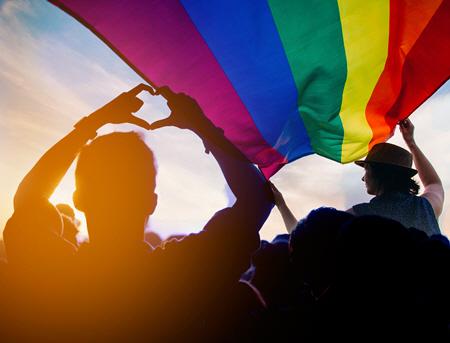 Actions are louder than words, and oppression is everyone’s problem.
Actions are louder than words, and oppression is everyone’s problem.
I am here as a hopeful ally, building an alliance that is earned.
Support for LGBTQIA goes beyond mental health. Therapy must hold our society and culture accountable for healing to begin.
Shame is pervasive.
It fills you up until you question everything in your life.
“I am wrong.” “I am bad.”
Oppression and shame are the methods to keep you silent.
You deserve to be loud. To be seen, heard, and proud of all that you are.
Silence is no longer an option.
 Alex* was spinning through the motions of life.
Alex* was spinning through the motions of life.
At home, he felt numb, even though his fiancé, Paul, was incredibly supportive. They weren’t connecting and lost all sexual desire. Alex felt responsible for holding their relationship together.
Meanwhile, their families distanced themselves. Alex’s parents said, “We support your relationship but can’t come to the wedding because of our beliefs.” Paul’s father wouldn’t even talk to Alex. Family meant the world to Alex, and it had turned its back on him.
At work, Alex was spiraling down.
Alex was a leader, manager, successful, and miserable.
Day after day, he became increasingly anxious and depressed.
It was then that a new manager started. This manager twisted every success Alex had into a failure. He treated Alex as a problem to be eliminated.
 Shame overcame Alex.
Shame overcame Alex.
All the shame that Alex felt throughout his life came rushing back.
The friendships he had lost, being beaten on the street, turning to God only to be shunned, and a family that half accepted him.
Alex wondered, “What is the point of my life?” He remembered his first suicide attempt. Was that the answer?
“I don’t want to live this life.”
Letting another person into your world is terrifying.
For Alex, the risk was worth his life.
Alex needed a person, a lifeline to help him detangle his experiences from his thoughts before he attempted suicide again.
Therapy gave Alex space to acknowledge his overwhelming emotions. We worked to call out the oppression and shame other people were piling onto him.
It was vital to identify the discrimination at his work. We explored all his options from quitting to reporting the abuse.
Together, we stepped through his pain from the lack of intimacy with his partner, discrimination at his work, and past traumas.

For Alex, therapy looked something like the following:
Step 1: Acknowledging what isn’t working.
Step 2: Determining what you need to feel safe.
Step 3: Realizing that painful emotions and feelings are clues.
Step 4: Determining what is preventing you from getting what you want.
Step 5: Taking a chance in therapy.
Step 6: Integrating change in life.
Alex stopped running and empowered himself.
Within the safety of therapy and trust in our relationship, Alex identified how our culture of oppression was stopping him from living a courageous life.
Alex gained control over his self-esteem, actions, and happiness by bringing awareness to his pain. He was no longer scared of his sadness, anger, and fear.
As your counselor and an LGBTQIA ally, I promise to…
Show you respect;
Always use the pronouns and name(s) you want to use;
Leave assumptions behind;
Recognize my privileges and prejudices;
Take responsibility for educating myself;
Acknowledge and apologize when I make a mistake;
Support you and your choices.
Whether you identify as lesbian, gay, bisexual, transgender, queer, intersex, or asexual, you are the expert in your experience and life.
What kind of therapy or therapist do you seek?
Let’s talk about it.
Reach out to schedule your free consultation: (720) 258-6448.
*Name changed to protect client confidentiality.

